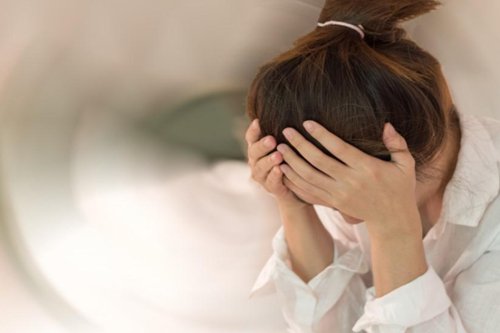Brain and ENT Clinic – Dr Lalit Mahajan In Nagpur & Dr Rachna Gangwani Mahajan In Nagpur
Vertigo/dizziness in Chhindwara

Vertigo/dizziness in Chhindwara! Vertigo is the sensation of spinning or the feeling that the surrounding environment is moving when it is not. It is often describe as a spinning, tilting, or swaying sensation.
Vertigo can be associat with problems in the inner ear, vestibular system, or the brain, and it is a symptom rather than a condition itself.
Dizziness is a more general term that encompasses various sensations of unsteadiness, lightheadedness, or feeling off-balance. It can include feelings of faintness or a sensation of floating. Dizziness can have multiple causes, including issues with the inner ear, blood pressure changes, heart problems, or neurological conditions.
Causes of Vertigo
- Inner ear disorders (e.g., Benign Paroxysmal Positional Vertigo or Meniere’s disease)
- Vestibular migraine
- Infections affecting the inner ear
- Head injury or concussion
- Certain medications
- Neurological conditions affecting the brainstem or cerebellum
Causes of Dizziness
- Inner ear disorders
- Low blood pressure or orthostatic hypotension
- Dehydration
- Anemia
- Heart conditions
- Medication side effects
- Anxiety or panic disorders
Symptoms Associated with Vertigo and Dizziness
- Nausea or vomiting
- Sweating
- Abnormal eye movements (nystagmus)
- Difficulty focusing or maintaining balance
- Hearing loss or ringing in the ears (tinnitus)
Diagnosis and Treatment
Epley Maneuver (for Benign Paroxysmal Positional Vertigo – BPPV):
- Once, BPPV is often caused by loose crystals in the inner ear. The Epley Maneuver is a series of head and body movements performed by a healthcare professional to reposition these crystals, providing relief from vertigo.
Medications:
- Antihistamines: Firstly, These may be prescribed to alleviate symptoms associated with inner ear disorders.
- Anti-nausea medications: If dizziness is accompanied by nausea or vomiting, medications like meclizine may be recommended.
Vestibular Rehabilitation Therapy (VRT):
- Thus, VRT is a specialized form of physical therapy that focuses on exercises and maneuvers to improve balance and reduce symptoms of dizziness. It is often beneficial for individuals with vestibular disorders.
Lifestyle and Dietary Changes:
- Hydration: Thus, Dehydration can contribute to dizziness, so staying well-hydrated is important.
- Avoid Triggers: Thus, Identify and avoid factors that trigger or worsen your symptoms, such as certain foods, alcohol, or caffeine.
Treatment for Meniere’s Disease:
- For those diagnosed with Meniere’s disease, treatment may include dietary changes (low-sodium diet), medications to control symptoms, and in some cases, surgical procedures.
Addressing Underlying Health Conditions:
- Once, Vertigo can be a symptom of underlying health conditions such as migraines, anxiety, or cardiovascular issues. Treating these conditions may help alleviate vertigo.
Positional Therapy:
- Firstly, In some cases, specific head or body positions trigger vertigo. Avoiding these positions or using positional therapy exercises under the guidance of a healthcare professional may be helpful.
Surgery (for Severe Cases):
- In certain situations, when other treatments are not effective, surgical interventions. Thus, such as a vestibular nerve section or cochlear implant, may be considered.
